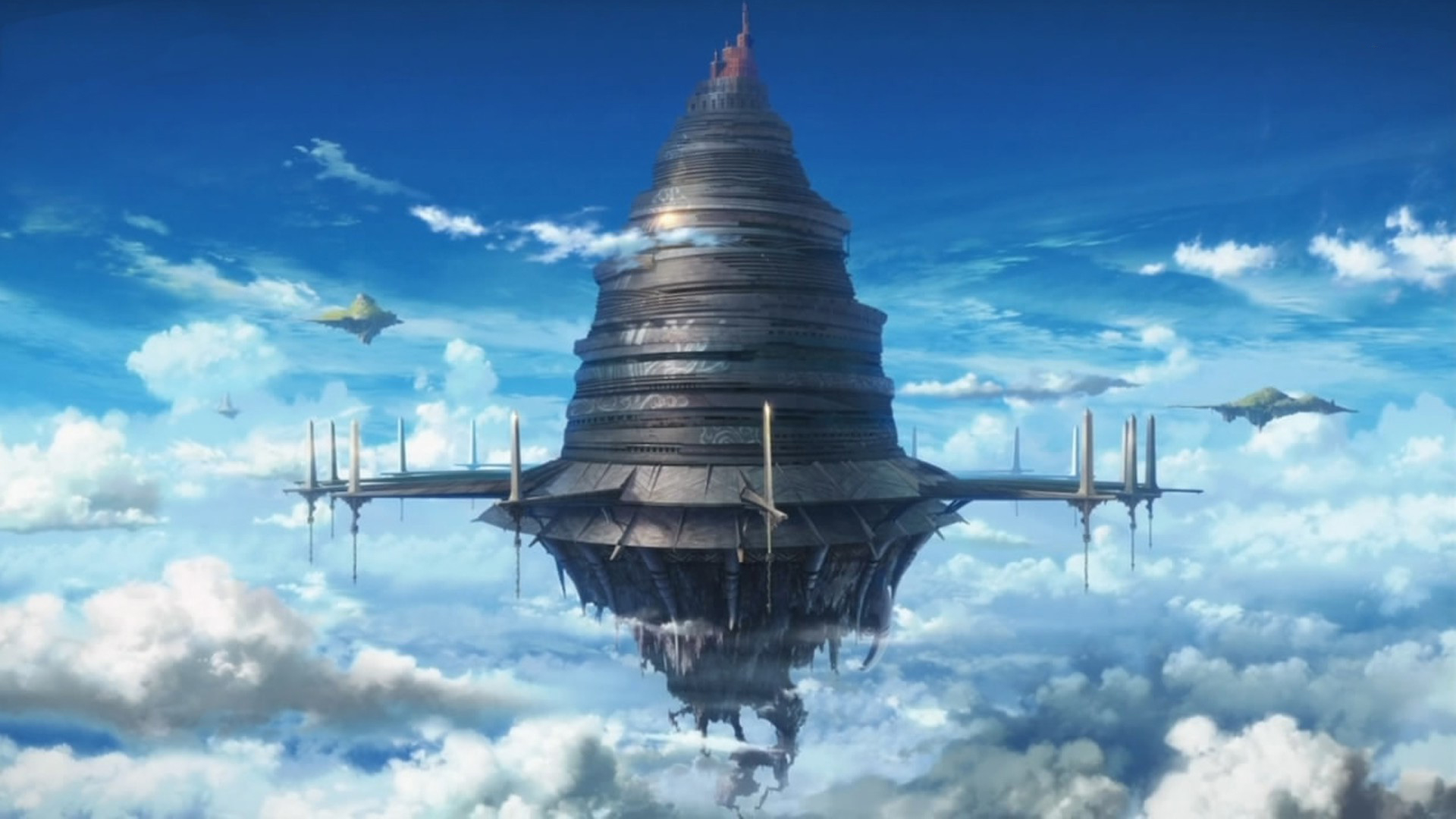This post is not about the anime and related works themselves, but the game as an element of the fictional world. Spoilers ahead.
Spoilers
There's the obvious: full immersion and "you die in real life", but I feel like there's more to the game that sets it apart.
First and foremost, progression in SAO was collective. For example, once a floor boss was beaten by anyone, a new floor would be unlocked for all players. This stands in contrast to existing MMOs, where players progress individually and interactions between them often feel optional. Of course, cooperative multiplayer games exist, but I can't recall a single one where this concept would be taken to a larger scale.
Secondly, since not all players needed to beat bosses, others could specialize. In most if not all RPGs there's a concept of classes and skill that impact how you beat the main story line and what side content you encounter, but in SAO you could make side aspects your main aspect, like the smiths we've seen in the series. I've found similar quality in multiplayer Factorio, a sandbox game of automation and tower-defense-like fighting, where oftentimes some players would focus on base building, while the others went out for combat.
It is mentioned in the series that quests are automatically created by the main system (what we would call procedural generation). While there were certainly hard-coded elements, infinite variety of procedural content is an interesting aspect, especially in times when almost all information about popular games can be looked up on numerous wikis. Starbound is a game that made heavy use of procedural planets, weapons, enemies and quests. For me similarities eventually became apparent and items lost the freshness, however the quality of being unable to perfectly min-max everything remained and I appreciated it.
Is there something else that you think SAO had, that existing games don't? Do you know other games that experiment with these concepts?

Yeah you're right, a divider. Or a 0.x multiplier I suppose.
And you're also right about the divide between highly skilled and not, but I think that's what we saw quite strongly in SAO. The side effect of serious consequences separated the players.
I don't think it's a successful design approach for a commercial game, most players do not play permadeath even if it's an common option.